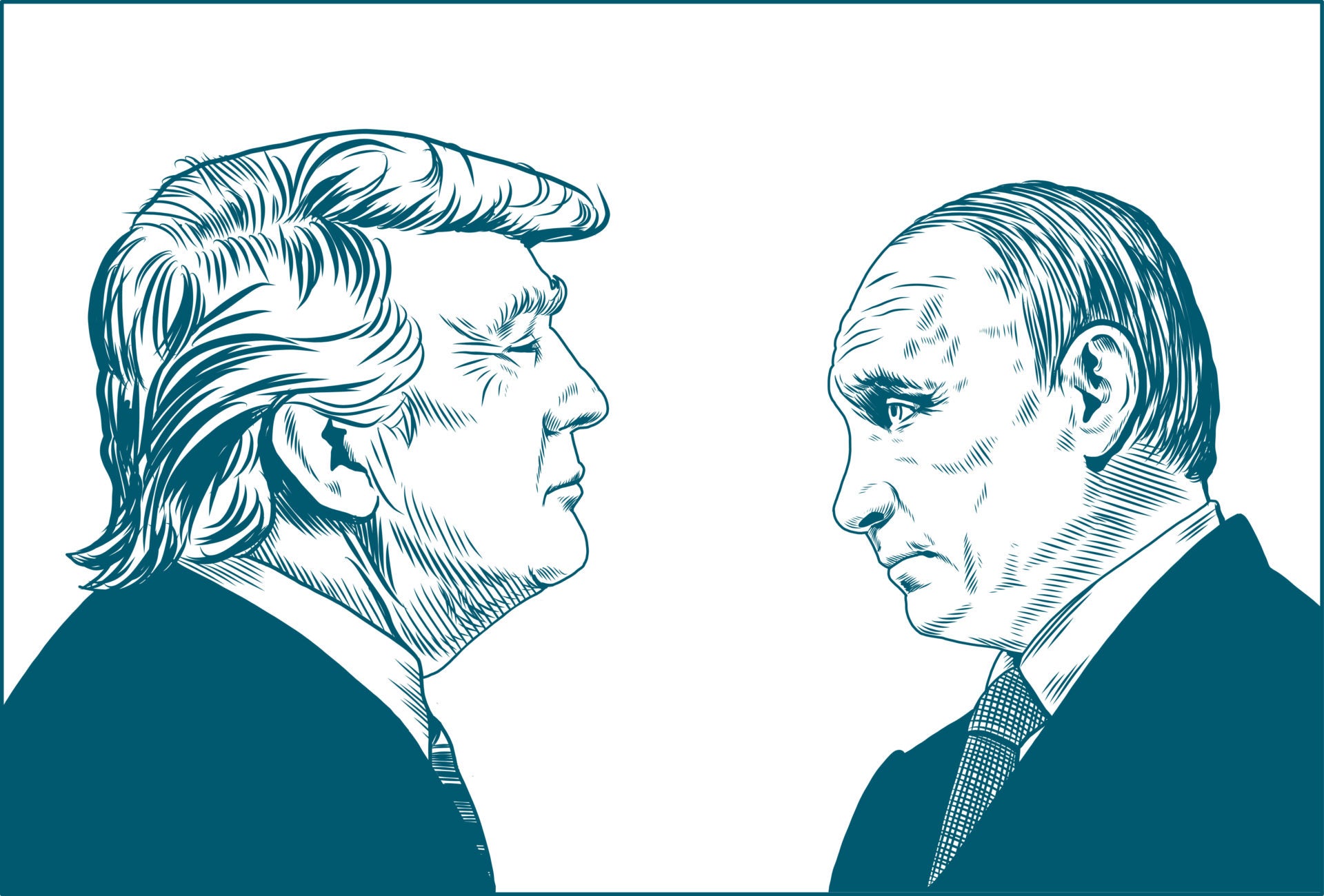
Hackers have intercepted more than a thousand confidential European Union communications over the past three years, the New York Times has reported.
The hacked EU cables reveal European concerns over Donald Trump, Russia’s relationship with Western Europe, US-China trade talks and Iran’s nuclear programme.
In one message, European diplomats described July’s Helsinki meeting between US President Donald Trump and Russian President Vladimir Putin, in which Trump appeared to side with Russia over the FBI, as being “successful (at least for Putin)”.
Another revealed how European diplomats believed Russia’s 2014 annexation of Crimea had turned it into a “hot zone where nuclear warheads might have already been deployed”.
It also includes official records of conversations with leaders in Saudi Arabia, Israel and other countries that were shared across the European Union.
A selection of the 1,100 hacked EU cables can be found here.
How well do you really know your competitors?
Access the most comprehensive Company Profiles on the market, powered by GlobalData. Save hours of research. Gain competitive edge.

Thank you!
Your download email will arrive shortly
Not ready to buy yet? Download a free sample
We are confident about the unique quality of our Company Profiles. However, we want you to make the most beneficial decision for your business, so we offer a free sample that you can download by submitting the below form
By GlobalDataUS cybersecutiy firm Area 1 revealed the cache of hacked diplomatic cables to the New York Times, which first broke the story late Tuesday evening.
Area 1 investigators said that the hacking techniques resembled those used by China’s People’s Liberation Army. Over the course of three years, the hackers copied the communications from the secure network to an open internet site set up by the hackers.
China denies it hacked EU cables
In a statement to the New York Times on Tuesday night, the European Union’s secretariat said it “is aware of allegations regarding a potential leak of sensitive information and is actively investigating the issue.”
Meanwhile, China has denied the allegations. In a statement to CNN, China’s Ministry of Foreign Affairs said reports like the one published by the New York Times are “suspicious, groundless” and “extremely irresponsible”.
“China is itself a victim of cyberspying and cyberattacks, and China is a defender of cybersecurity,” the statement added. “China stands firmly against criminal hacking activities, and will pursue criminals it according to laws. If there is any evidence, relative departments will investigate.”
The alleged leak reiterates the need for robust cyber defences. Jake Moore, cybersecurity expert at IT security firm ESET UK, said:
“When the risks are so high, cybersecurity needs to echo this. The more important the data, the more imperative the cybersecurity should be in place to mitigate the great heights it can fall as we’ve seen here.
“No expense should be spared when the implications can damage the country’s security and reputation.”
The hackers also reportedly gained access to the United Nations, the American Federation of Labor and Congress of Industrial Organizations (AFL-CIO), and ministries of foreign affairs and finance worldwide.
Read more: Ukraine blocks “massive” cyberattack attributed to Russia




